
Top 10 Foods to Heal Knee Pain and Boost Cartilage

Today, we’re diving into an incredibly important topic for your overall well-being: foods that help maintain strong, flexible, and pain-free joints. Your joints are remarkable structures that allow you to move freely — walk, run, bend, or lift — all thanks to a smooth layer of cartilage that cushions the bones and prevents them from rubbing against each other.
However, over time, factors such as aging, injuries, excessive strain, or a poor diet can cause this cartilage to deteriorate. Once it begins to wear down, the bones may start to grind together, resulting in pain, stiffness, and limited movement — symptoms commonly associated with osteoarthritis. Left unaddressed, this condition can make even simple daily activities like climbing stairs or standing up from a chair a challenge.
Understanding Cartilage: The Foundation of Healthy Joints
Cartilage is a tough yet flexible connective tissue that covers the ends of your bones, acting as a shock absorber and friction-reducer during movement. It is primarily made of collagen fibers, proteoglycans, and water, forming a smooth, resilient surface that helps your joints move effortlessly.
Unfortunately, cartilage doesn’t have its own blood supply, which means it heals very slowly once damaged. This is why maintaining cartilage health through nutrition is essential — prevention truly is better than cure.
When cartilage deteriorates, the consequences go far beyond discomfort. Joint diseases like osteoarthritis and rheumatoid arthritis can cause chronic inflammation, bone-on-bone friction, and persistent pain, robbing you of mobility and independence. Imagine not being able to take a morning walk, exercise, or even bend down without discomfort — that’s the reality for millions worldwide.
But here’s the encouraging part: you can take control of your joint health. By adopting a nutrient-rich diet, you can actively nourish your joints, promote cartilage repair, and reduce inflammation. Let’s explore 10 scientifically supported foods and nutrients that can help protect, repair, and rejuvenate your cartilage naturally.
1. Omega-3-Rich Foods
One of the most powerful anti-inflammatory nutrients is omega-3 fatty acids. These healthy fats help reduce joint swelling, pain, and stiffness by lowering inflammation in the body.
Excellent sources of omega-3s include fatty fish like salmon, mackerel, sardines, and tuna. They contain EPA and DHA — two forms of omega-3 that directly support joint lubrication and cartilage regeneration.
Plant-based sources such as flaxseeds, chia seeds, and walnuts also provide omega-3s (mainly ALA), which the body can partially convert into EPA and DHA. While less efficient, they’re still valuable for overall inflammation control.
2. Glucosamine-Rich Soups and Broths
Glucosamine is a natural compound found in healthy cartilage. It helps maintain joint lubrication and may slow cartilage breakdown. Foods like bone broth, shrimp shells, chicken feet, and oxtails are rich in glucosamine and related compounds like chondroitin and gelatin, all of which support joint structure.
Bone broth, in particular, is a time-tested remedy. When simmered slowly, animal bones release collagen, amino acids, and minerals that nourish your joints from within. Regular consumption can help reduce inflammation and support joint repair over time.
3. Antioxidant-Packed Fruits and Vegetables
Free radicals — unstable molecules produced by stress, pollution, and poor diet — can accelerate cartilage damage. That’s why antioxidants are crucial.
Fruits and vegetables like blueberries, spinach, kale, arugula, and bell peppers are loaded with vitamins C and E, both of which protect cartilage from oxidative stress. Vitamin C also plays a key role in collagen synthesis, helping maintain the structure and flexibility of your cartilage.
To boost your daily intake, include a rainbow of colors on your plate — the more vibrant your fruits and vegetables, the higher their antioxidant content.
4. Vitamin C Foods
Vitamin C is indispensable for building collagen, a protein that forms the framework of cartilage. It strengthens joints, supports tissue repair, and helps the body fight inflammation.
Great sources include citrus fruits (oranges, lemons, grapefruits), kiwis, strawberries, and leafy greens such as spinach and broccoli. A simple glass of fresh orange juice or a bowl of mixed berries each morning can make a big difference for your joint health.
5. Vitamin D and Calcium
Vitamin D helps your body absorb calcium, which is vital for maintaining strong bones that support and protect cartilage. Low vitamin D levels are associated with increased joint pain and stiffness.
Sunlight is the most natural source of vitamin D — just 15–20 minutes of morning sun exposure can help your body produce it. You can also find vitamin D in fatty fish, egg yolks, and fortified foods.
For calcium, turn to dairy products like milk, yogurt, and cheese, as well as leafy greens such as kale and bok choy. Together, vitamin D and calcium form the foundation for robust bones and resilient joints.
6. Magnesium-Rich Foods
Magnesium supports over 300 biochemical reactions in the body, including bone and cartilage formation. It also helps regulate calcium balance and promotes the production of hyaluronic acid, a substance that lubricates joints and keeps them flexible.
Excellent sources of magnesium include pumpkin seeds, almonds, avocados, dark chocolate, and spinach. Adding these foods to your meals can help keep your joints supple and reduce stiffness.
7. Probiotic and Fermented Foods
Your gut health has a direct impact on inflammation throughout your body. When your gut microbiome is balanced, your immune system functions properly — reducing systemic inflammation that can damage joints.
Fermented foods such as yogurt, kefir, sauerkraut, kimchi, and kombucha are packed with probiotics that promote healthy digestion and nutrient absorption. Incorporating them into your diet can help lower joint pain while improving overall vitality.
8. Whole Grains and Fiber
Whole grains like brown rice, quinoa, oats, and barley are rich in fiber and essential nutrients that help maintain a healthy weight and reduce inflammation.
Unlike refined grains, whole grains digest slowly, helping regulate blood sugar and preventing inflammatory spikes. However, some individuals with joint inflammation may find relief by reducing gluten or wheat-based products — always listen to your body.
9. Turmeric and Ginger
These two spices have been used for centuries as natural anti-inflammatories. Turmeric contains curcumin, and ginger contains gingerol — both compounds proven to reduce inflammation and pain.
Adding a teaspoon of turmeric or freshly grated ginger to your meals, smoothies, or tea can significantly improve joint flexibility over time. For even greater benefit, pair turmeric with black pepper — it boosts curcumin absorption by up to 2000%.
10. Low-Impact Exercise and Lifestyle Habits
Nutrition is only part of the equation — movement is medicine. Engaging in low-impact exercises such as swimming, yoga, Pilates, or cycling strengthens the muscles around your joints, improves flexibility, and enhances blood circulation.
Better circulation means better nutrient delivery to your cartilage, promoting healing and lubrication. Consistency is key — even 20–30 minutes a day can make a noticeable difference.
Foods to Avoid
Certain foods can sabotage your progress. Processed foods, refined sugars, trans fats, and excess sodium all contribute to inflammation. Limit fried foods, fast food, sugary drinks, and pre-packaged snacks.
Also, be cautious with refined carbs like white bread, pastries, and pasta, as they can trigger blood sugar spikes that worsen inflammation. Instead, opt for wholesome, natural foods that nourish your body from the inside out.
Final Thoughts
Protecting your joints isn’t just about reducing pain — it’s about preserving your freedom to move, explore, and live life to the fullest. By combining a nutrient-dense diet, anti-inflammatory foods, adequate hydration, and regular exercise, you can help your body naturally repair and protect cartilage, keeping your knees and joints strong for years to come.
It’s never too early — or too late — to start caring for your joints. Your future self will thank you for the steps you take today.
✅ Summary of Key Foods for Joint Health:
-
Fatty fish (salmon, sardines, mackerel)
-
Bone broth and shellfish
-
Colorful fruits and leafy greens
-
Citrus fruits and berries
-
Dairy, kale, spinach
-
Pumpkin seeds, avocados, dark chocolate
-
Yogurt, kefir, sauerkraut
-
Whole grains, turmeric, ginger
News in the same category

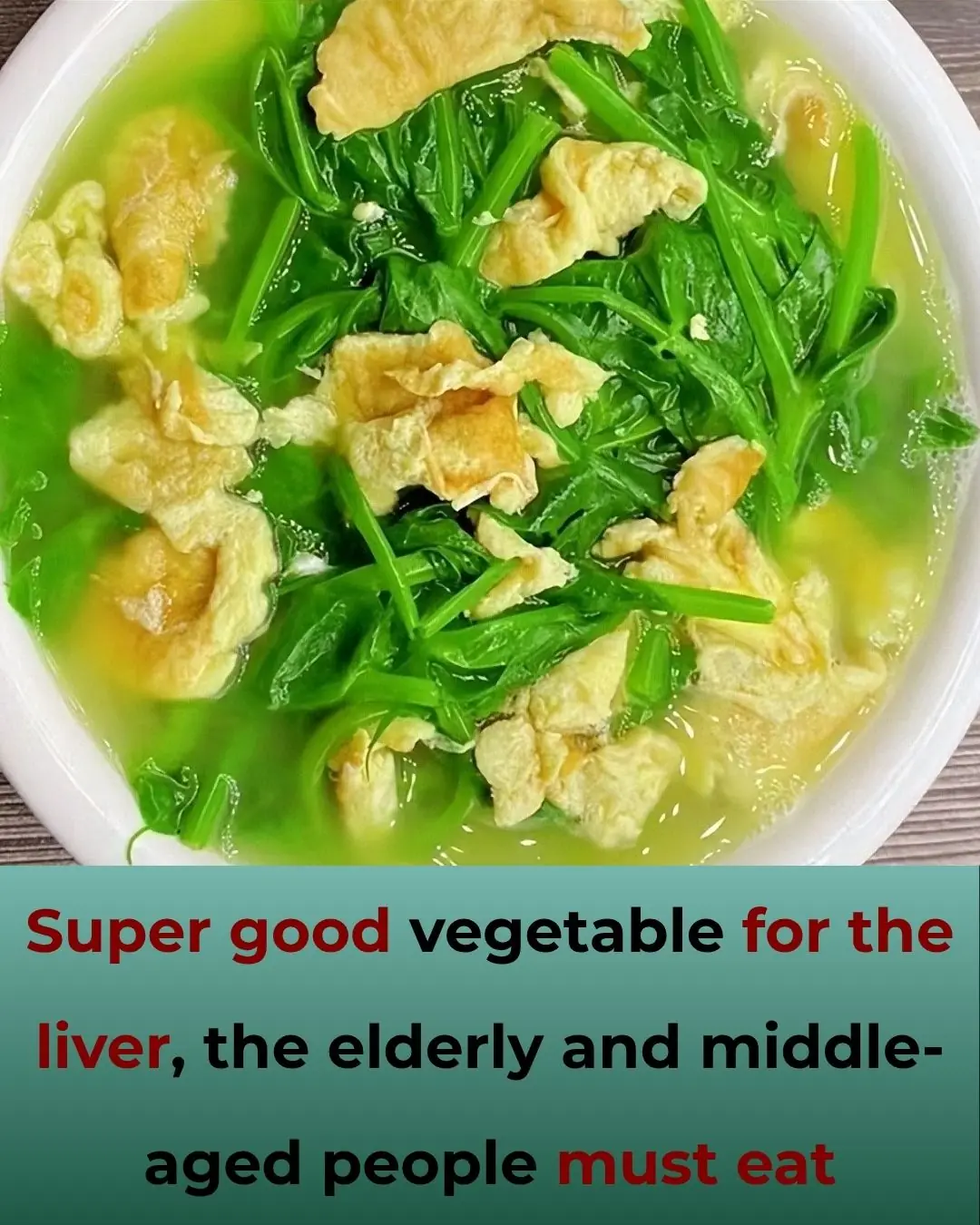
Super good vegetable for the liver, the elderly and middle-aged people must eat

Don’t ignore this heart test—it might save your life!

The Forbidden Elixir Big Pharma Hopes You Never Discover: Master Tonic – One Daily Shot to Bulletproof Your Immunity and Ignite Lifelong Vitality!

Doctors Warn Of Rising Cases Of “Popcorn Lung” Among Young Adults — Here’s What You Need To Know

5 warning signs of cancer developing in the body
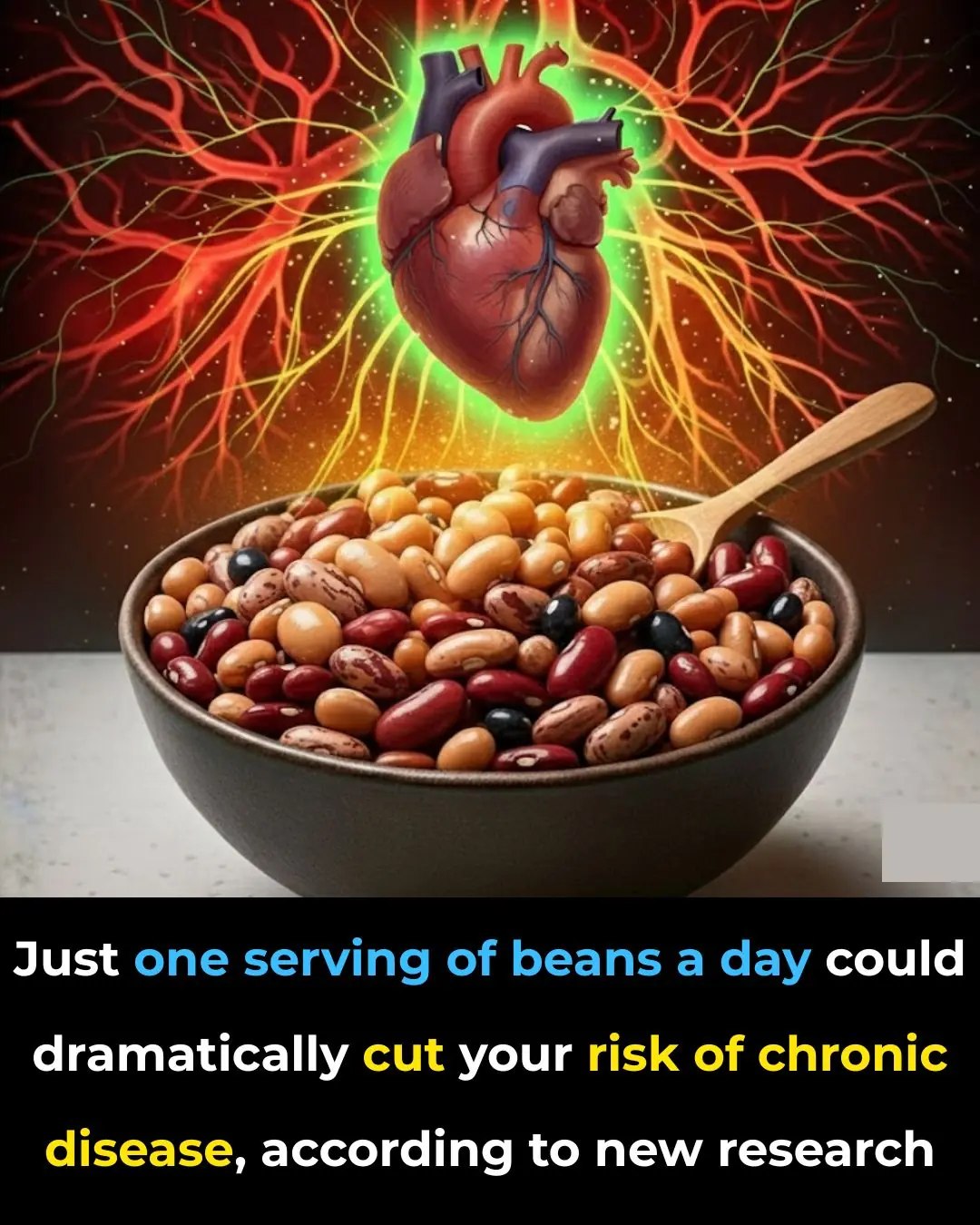
Eating beans daily slashes your risks of heart disease and diabetes, study finds

8 Early Signs of Mild Kidney Dysfunction Many People Overlook Until It Becomes Serious

How To Get Rid of Phlegm And Mucus

Here’s The Right Time To Eat Everything
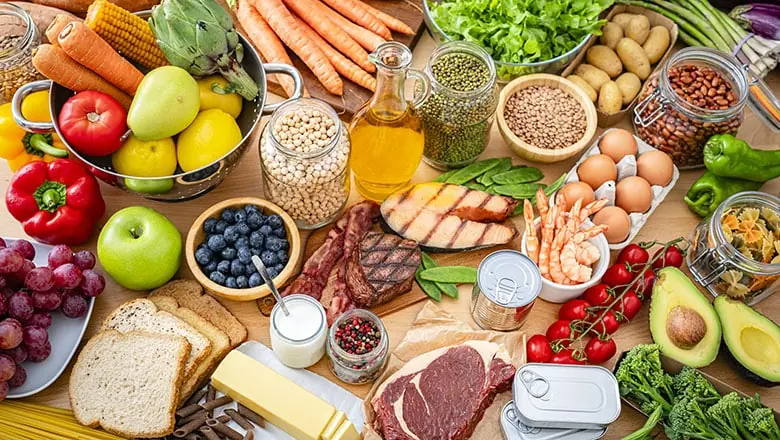
The #1 Seed That Makes Bones & Muscles Strong — And How to Use It!
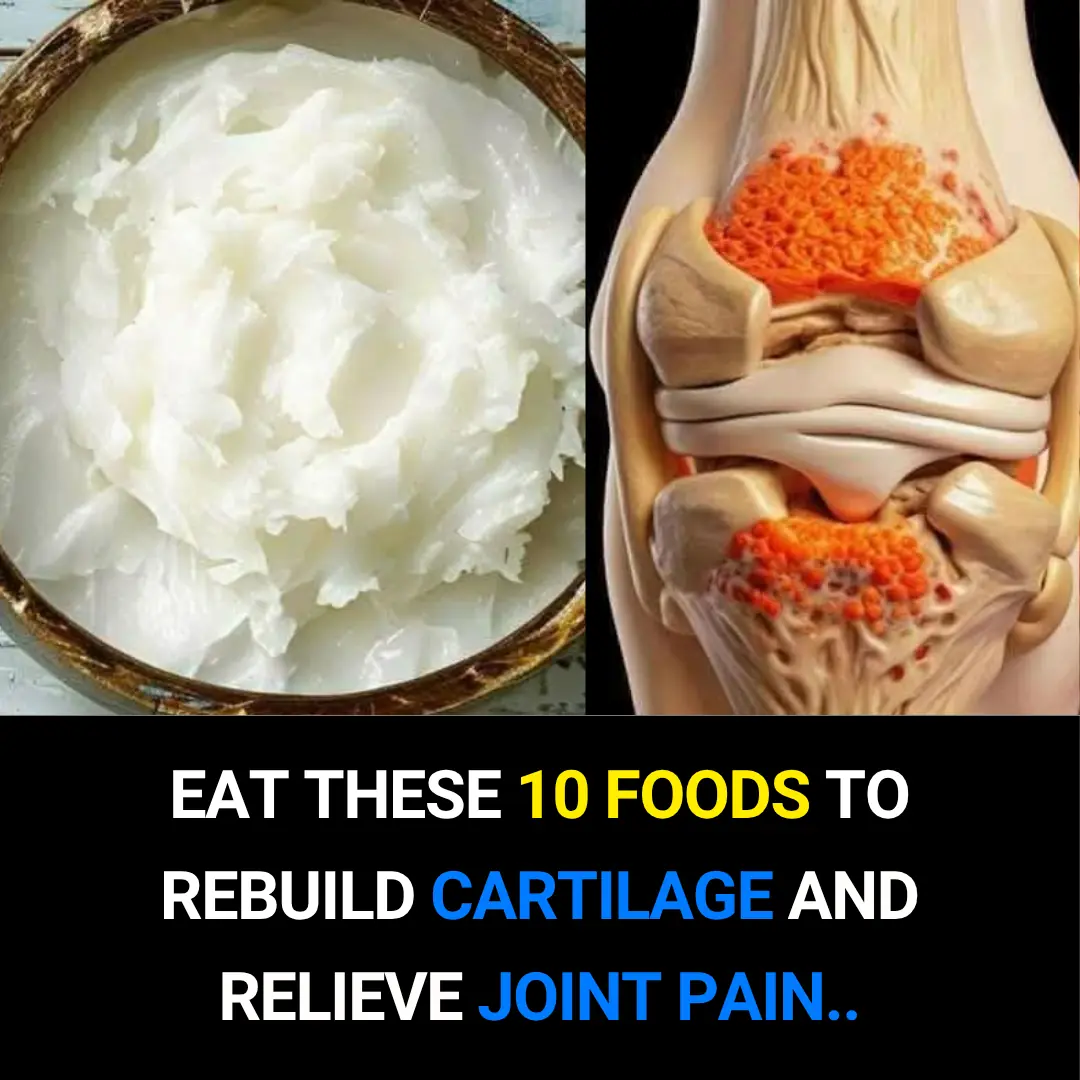
Top 10 Foods to Heal Knee Pain and Boost Cartilage Naturally

Vitamin D3 Could Cut the Risk of a Second Heart Attack by Half

14 Foods That Naturally Boost Your Kidneys’ Detox Power Like Never Before

Doctors reveal that eating canned peaches causes ...

Garlic’s Quiet Power

🦷 Mouth Cancer: Symptoms, Causes, Stages, and Treatment – What You Need to Know

Apple extract kills colon cancer cells better than chemotherapy drug
News Post

5 Early Cancer Symptoms You Must Not Overlook
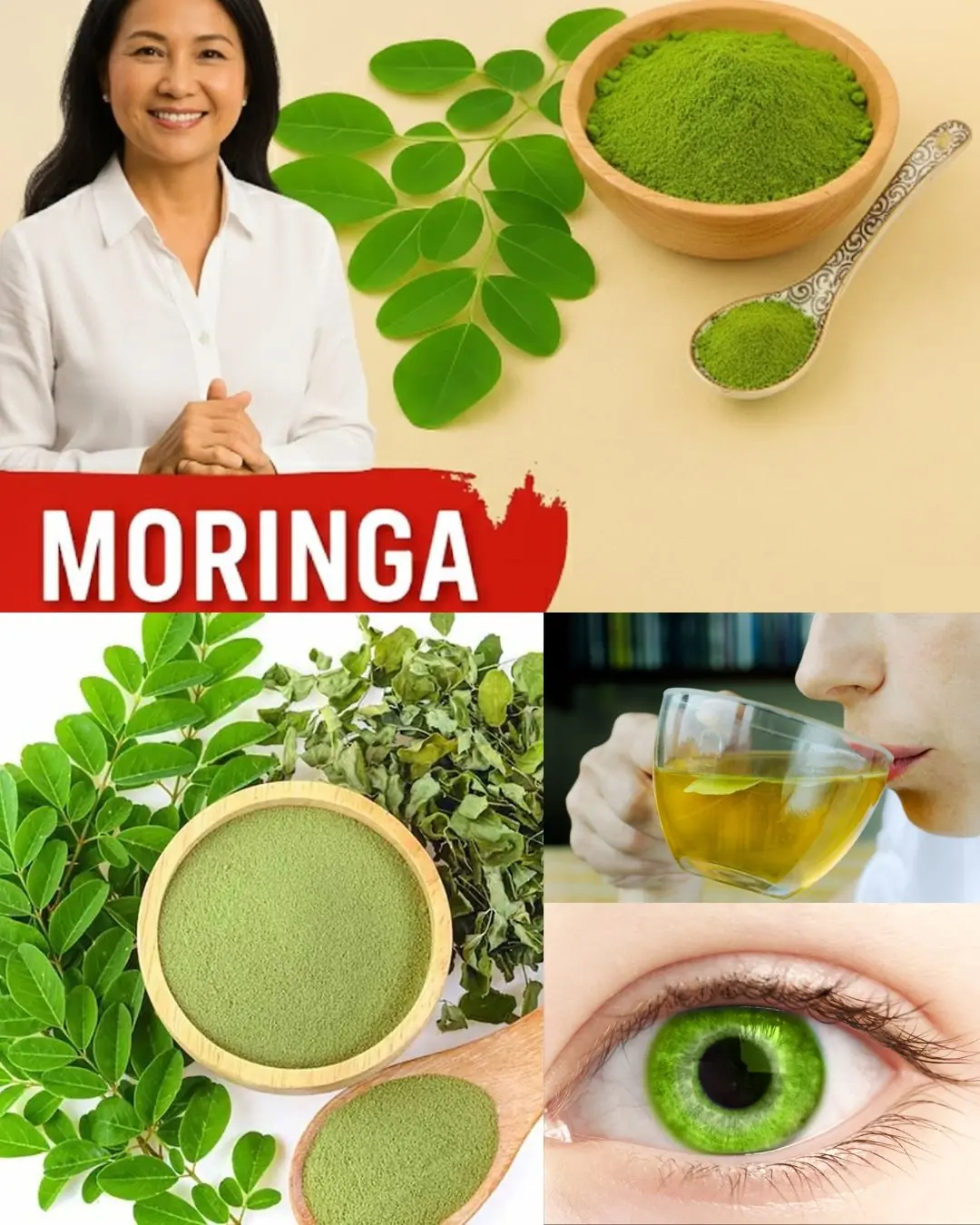
Discover the Miraculous Benefits of Moringa

The Forbidden 6-Ingredient Nightcap That Melts Belly Fat While You Sleep and Rewires Immunity Before Breakfast

The Healing Power of Mimosa Pudica: 10 Health Benefits and How to Use This Amazing Plant

Super good vegetable for the liver, the elderly and middle-aged people must eat

Angus T. Jones, Who Played Jake Harper, Left The Show “Two And A Half Men” 9 Years Ago – This Is Him Today

Don’t ignore this heart test—it might save your life!

10 tips for dealing with people who think they are better than you

The Forbidden Elixir Big Pharma Hopes You Never Discover: Master Tonic – One Daily Shot to Bulletproof Your Immunity and Ignite Lifelong Vitality!

Off The RecordNadya Suleman, A Mom Of Octuplets Celebrates Their 15th Birthday

The #1 seed that makes bones & muscles strong—how to use it!

CelebrityDiane Keaton, Beloved Star Of “Father Of The Bride” And “The First Wives Club,” Dies At 79

I'm A Celebrity's Joel Dommett announces wife's pregnant with second child

Experts Reveal The Worst Places To Be If World War 3 Breaks Out — Some May Surprise You

Doctors Warn Of Rising Cases Of “Popcorn Lung” Among Young Adults — Here’s What You Need To Know

Hollywood icon Sally Kirkland, 84, enters hospice after dementia diagnosis

The Secret Language of the Hand: Interpreting the Touch During a Handshake

I Went To Pick Up My Wife And Newborn Twins From The Hospital — But She Was Gone, Leaving Only A Note
